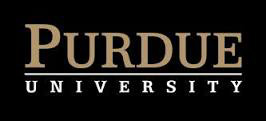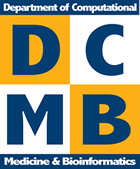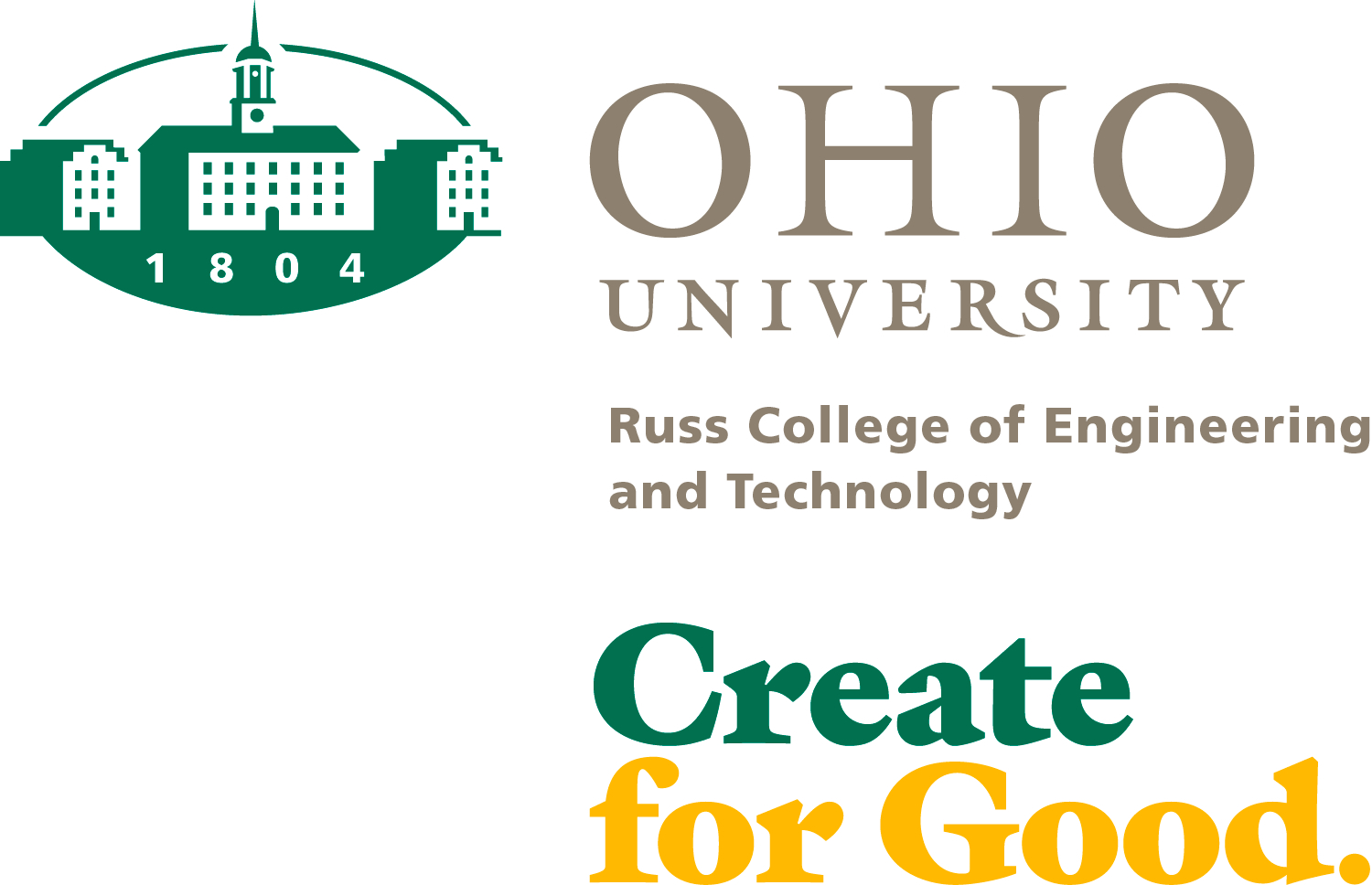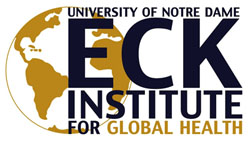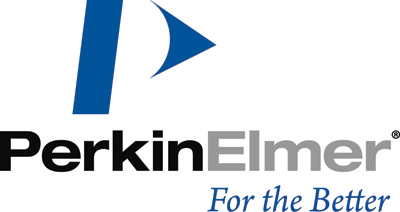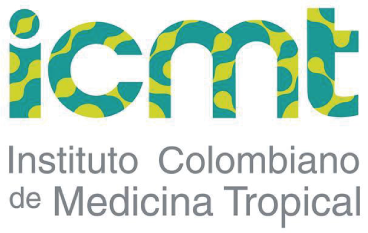Conference Chairs
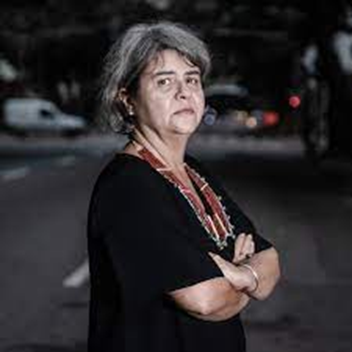 Ana Tereza Vasconcelos
Ana Tereza Vasconcelos
Conference Co-Chair
Steering Committee
National Laboratory for Scientific Computing
Brazil
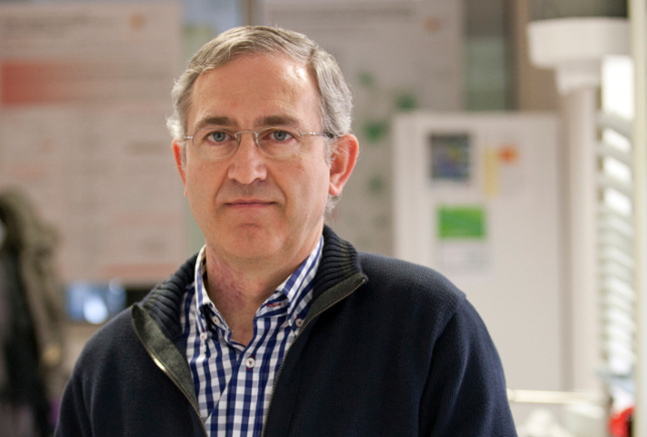 Javier De Las Rivas
Javier De Las Rivas
Conference Co-Chair
Steering Committee
Cancer Research Center (CiC-IBMCC, CSIC/USAL)
Spain
 Yesid Cuesta-Astroz
Yesid Cuesta-Astroz
Conference Co-chair
Program Committee Co-Chair
Universidad de Antioquia
Colombia
Steering Committee
 Ana Tereza Vasconcelos
Ana Tereza Vasconcelos
Conference Co-Chair
Steering Committee
National Laboratory for Scientific Computing
Brazil
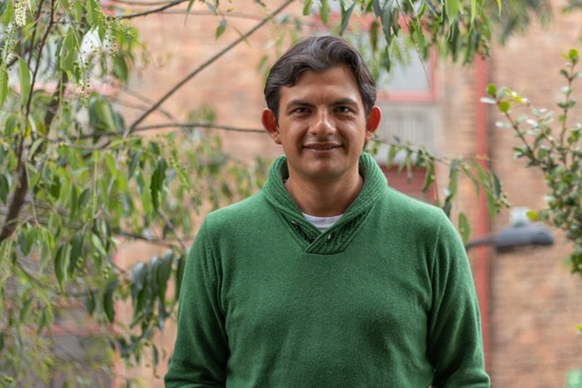 Alejandro Reyes Muñoz
Alejandro Reyes Muñoz
Steering Committee
Tutorial & Workshop Committee Co-Chair
Universidad de los Andes
Colombia
 Bel Hanson
Bel Hanson
Steering Committee
ISCB Director, Operations & Programs
United States
 Diane Kovats
Diane Kovats
Steering Committee
ISCB Chief Executive Officer
United States
 Javier De Las Rivas
Javier De Las Rivas
Conference Co-Chair
Steering Committee
Cancer Research Center (CiC-IBMCC, CSIC/USAL)
Spain
Justine Morris
Steering Committee
ISCB Coordinator, Operations & Programs
United States
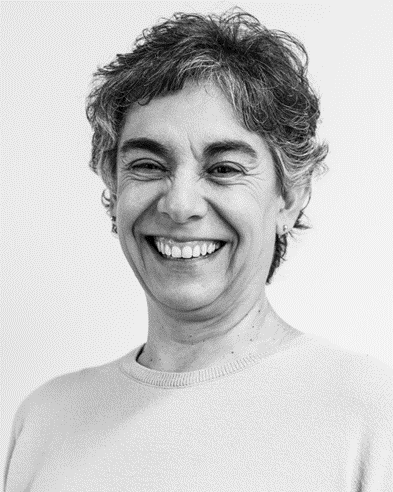 Norma Paniego
Norma Paniego
Steering Committee
Tutorial & Workshop Committee Co-Chair
Instituto Nacional de Tecnologia Agropecuaria
Argentina
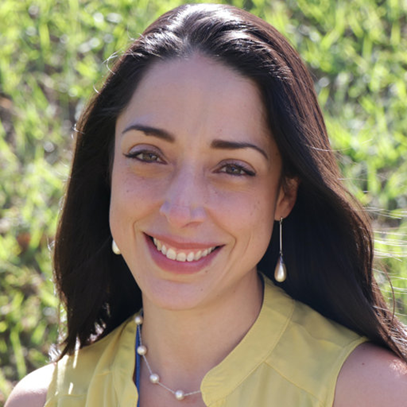 Rebeca Campos
Rebeca Campos
Steering Committee
Tutorial & Workshop Committee Co-Chair
University of Costa Rica
Costa Rica
 Seth Munholland
Seth Munholland
Steering Committee
ISCB Lead Technologist
Canada
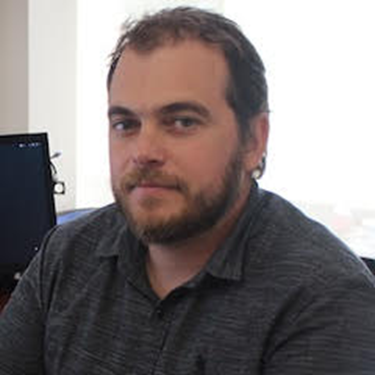 Vinicius Maracaja-Coutinho
Vinicius Maracaja-Coutinho
Steering Committee
Universidad de Chile
Chile
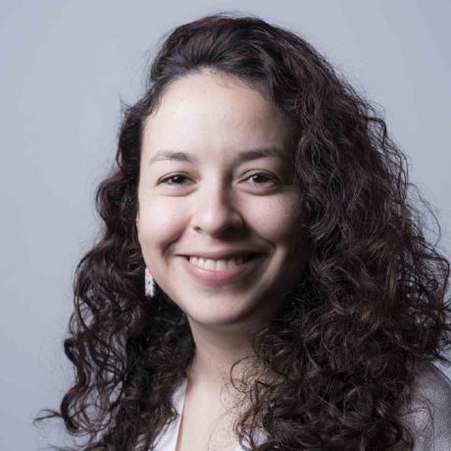 Yalbi Itzel Balderas-Martinez
Yalbi Itzel Balderas-Martinez
Steering Committee
Program Committee Co-Chair
Instituto Nacional de Enfermedades Respiratorias Ismael Cosio Villegas
Mexico
 Yesid Cuesta-Astroz
Yesid Cuesta-Astroz
Conference Co-chair
Program Committee Co-Chair
Universidad de Antioquia
Colombia
Links within this page: Tutorials Organization | Compensation | Submitting a Tutorial Proposal | Review of Tutorial Proposals | Tutorial Materials | Recording of Tutorial Sessions | Copyright
The purpose of the Tutorials program is to build knowledge and provide hands-on training in "cutting-edge" topics relevant to the bioinformatics field. Tutorials offer participants an opportunity to get an introduction to important established topics in bioinformatics, to learn about new areas of bioinformatics research, or to develop advanced skills in areas about which they are already knowledgeable.
Tutorials may include any form of presentation such as brief talks or panel discussions but should include hands-on exercises. Tutorials serve an educational function and are expected to provide a balanced perspective on a field of research. They should not focus on the presenters' own research or software, unless balanced with other tools in the same realm. However, tutorials on broadly used bioinformatics tools will be considered.
Potential topic areas may include but are not limited to the following:
- Data analysis topics:
- Single-cell
- Multiomics integration
- Spatial transcriptomics
- Metagenomics
- Proteomics
- Alphafold and/or Structural biology
- any other life sciences data
- Data Science in Agriculture (breeding, diversity, soil, environment)
- Data Science in One Health
- Data visualization for bioinformatics
- AI and Machine Learning for bioinformatics
- Translational informatics: Opportunities for bioinformatics in the clinical realm
- How to make your software sustainable and reusable for open access or commercial usage
- Biological sciences for bioinformaticians (eg aimed at Comp-science graduates with less/no prior biology knowledge)
- Data science in genomics
- Workflow tools (eg Snakemake, NextFlow)
- Bioinformatics on cloud platforms
- Best practices (eg learning github, using pytorch, Python coding standard PEP8 etc)
Tutorials organization
Tutorials can be planned to be either in-person or fully online, but should not be hybrid. (eg. tutorial presenters and participants should either be fully online or in-person).
Tutorials presented in-person will be held on November 12, 2024. Tutorials presented online will be held on a weekday (TBD) prior to the conference start. If submitting an online tutorial proposal you will be asked to confirm your preferred time zone for presentation.
Tutorials timing for full-day or half-day sessions:
In-person: November 14, 2024
Full Day Schedule: 9:00 am - 4:00 pm, (10:45-11:00 am Coffee; Lunch Break 1:00 pm - 2:00 pm)
Half Day Schedule: 9:00 am - 12:30 pm (Break at 10:45-11:00 am) or 1:00-4:00 pm (Break at 4:00 - 4:15 pm)
Virtual: TBD
Full Day Schedule: 9:00 am - 4:00 pm (Breaks 10:30-10:45am, 12-1pm, and 2:30-2:45pm)
Half Day Schedule: 9:00 am - 1:00 pm (Breaks at 10:30-10:45am and 11:45am-12:00pm)
Compensation
The conference organizers are able to offer a complimentary conference registration for up to 2 tutorial presenters. Tutorial organizers may choose to share the value of the complimentary registration if the tutorial has additional presenters.
Submitting a Tutorial Proposal
Tutorial proposals should contain the following information in a maximum of 4 pages:
- Title of Tutorial
- Abstract for Tutorial
- Learning Objectives for Tutorial
- Short promotional blurb for promotion if selected
- Maximum number of attendees participating
- Draft Schedule of the tutorial including coffee breaks (half-day or full-day schedule) - Include draft talk titles or draft content to be covered in each section
- Identify and highlight blocks of hands-on content in your submission
- Draft List of Tutorial Speakers with titles and affiliations
- Intended audience and level - Describe the audience for which the Tutorial is aimed, and at which level it would be taught (e.g. beginner, past experience, advanced knowledge).
The final proposal must be uploaded as a PDF file only.
Deadline for Tutorial Proposals: June 3, 2024
During the submission process be sure to provide a brief description of the tutorial that will be used on the website to promote it to delegates, and to confirm that if selected, you will submit draft and final tutorial materials for committee review by the listed deadlines.
Review of Tutorial Proposals
All tutorial submissions will be evaluated by a committee, which will consider the following criteria:
- Relevance, interest, and value of the topic to ISMB attendees and COSI communities
- The tutorial should achieve a good balance between the theoretical component and hands-on exercises
- Completeness, clarity, and quality of the proposal and materials including schedule of tutorial
- Educational value and effectiveness of the proposed presentation approach
- Educational value and effectiveness of the proposed presentation approach and FAIRness of the data, tools and content
Successful tutorial proposals will be notified by July 1, 2024 (no later than 17:00 Eastern Time (ET).
Tutorial Materials
The tutorial speakers agree to provide participants with teaching materials that include:
- Copies of the final slides in Powerpoint or PDF format for posting online.
- Copies of relevant articles/book chapters published by the presenters provided as Supplementary
- Information. Presenters will have to obtain copyright permission from their publishers, as required.
- Links to repositories containing training materials.
- Make your training materials FAIR (Findable, Accessible, Interoperable, and Reusable), as much as possible.
Recording of Tutorial Sessions
Tutorials programs will be recorded to serve as online learning tools following the conference. All presenters must agree to allow ISCB to post the recordings of the Tutorials program as a requirement of acceptance.
Copyright
The authors will grant copyright to tutorial materials to the ISCB for a period to extend from acceptance through December 31, 2024, and they agree that their materials may be made available for use in perpetuity through ISCB.
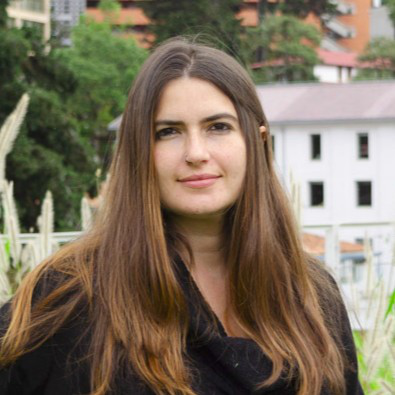 Maryam Chaib De Mares
Maryam Chaib De Mares
National University of Colombia
Colombia
Maryam Chaib De Mares is an assistant professor at the National University of Colombia. She studies the evolutionary and molecular basis of symbiotic relationships between animal hosts and microorganisms. She is also interested in understanding how ecological conditions modify the dynamics of these interspecific interactions. Maryam holds a Master's degree in Ecology and Evolutionary Biology from the University of Montpellier 2 in France and the University of Groningen in the Netherlands. At the latter university, she advanced her doctoral training in Microbial Ecology and Bioinformatics.
As a postdoctoral researcher in the Computational Biology and Microbial Ecology research group at the Universidad de los Andes, she taught undergraduate and masters classes in Genomics, Microbial Ecology and Bioinformatics and started working on the integration of sequence analysis with mathematical modeling in artificial microbial consortia from the human gut. Currently, Maryam leads the Theoretical and Evolutionary Molecular Biology Research Group at Universidad Nacional de Colombia. She is combining interdisciplinary approaches that integrate computation and wet-lab experiments to design and understand how gene circuits from communities of microorganisms have the ability to modulate animal host physiology.
Maryam also is a consultant in statistics and data analysis for the private sector. In addition, since her doctoral studies she has been trained in research data management, leading the adoption of reproducibility practices in computational biology. Beyond biology research, she has participated in open data initiatives to bring these skills to all interested citizens.
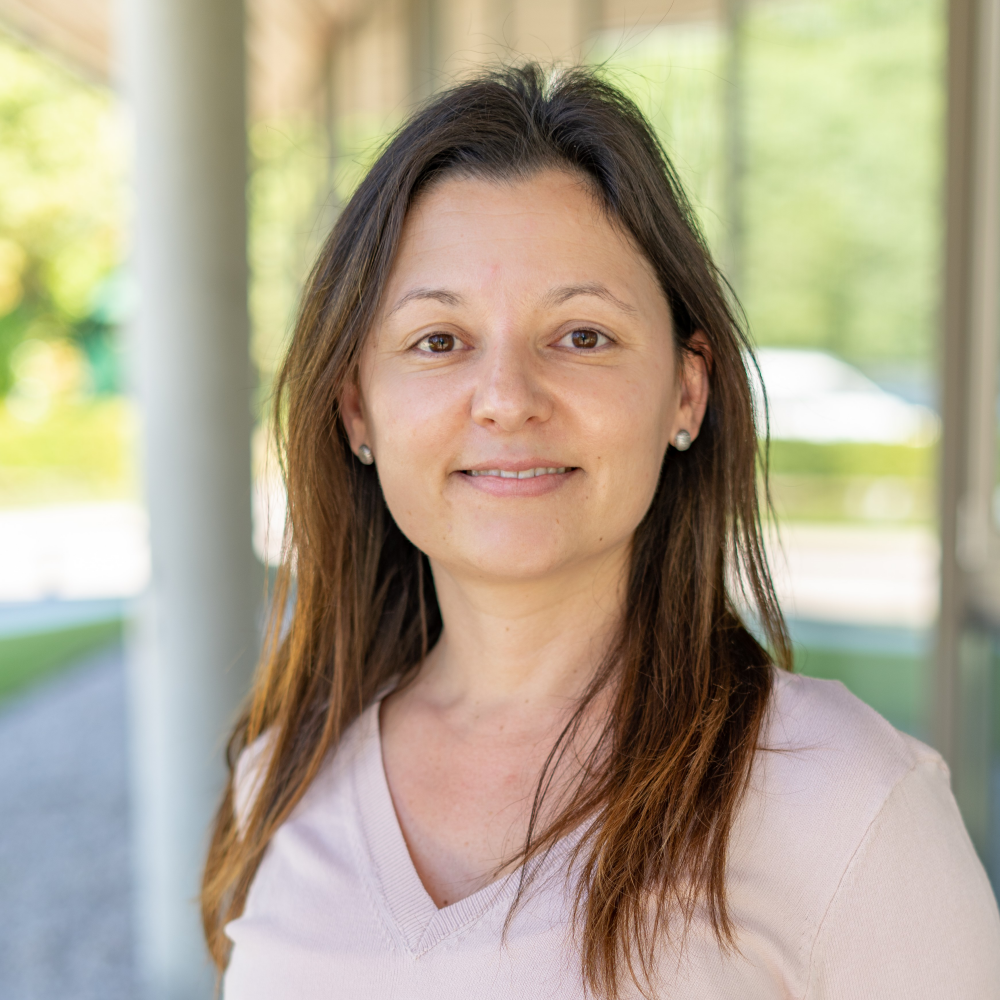 Valeria Faggioli
Valeria Faggioli
Instituto Nacional de Tecnología Agropecuaria
Argentina
Valeria Faggioli is a Researcher at the Instituto Nacional de Tecnología Agropecuaria (INTA), Argentina, in the Department of Soil Science and Crop Production (Marcos Juarez, Cordoba Province). She obtained her BSc in Agronomy, MSc in Soil Fertility, and PhD in Natural Science. During her post-doctoral studies, she performed training in bioinformatics at the European Bioinformatics Institute in Hinxton, UK (EMBL). The goal of her current investigations is to elucidate the impact of agricultural practices in microbial biodiversity studying long-term experiments.
Preservation of local biodiversity is a key factor in sustainable production. Agricultural soils can harbour diverse communities of microorganisms providing key ecosystem services such as nutrient cycling, chemistry and structure of soil, and plant productivity. To carry out sustainable agriculture, the understanding of the composition of microbial communities as well as changes induced by human practices demands the generation of experimental evidence.
As a member of CABANAnet project, the aim of her project is to investigate the impact of long-term anthropogenic practices on soil bacterial and fungal communities using high throughput sequencing techniques in emblematic agroecosystems of Argentina, Colombia, Costa Rica and Peru. This study pursues a complete taxonomic classification of the existing taxa and will represent an unprecedented dataset from Latin America.
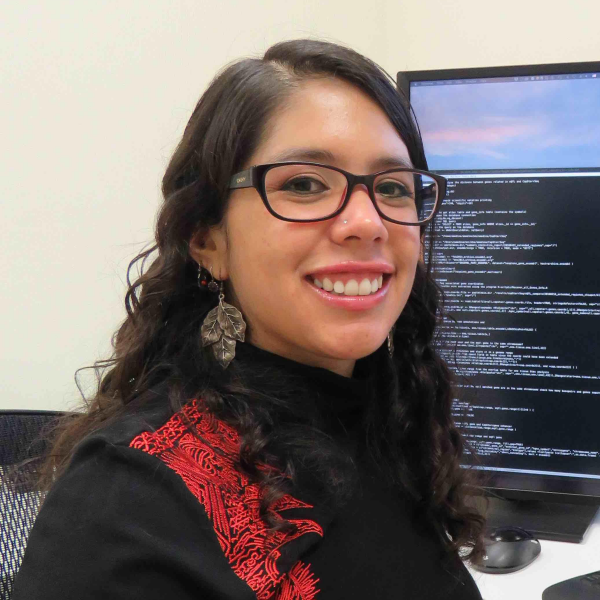 Alejandra Medina Rivera
Alejandra Medina Rivera
Laboratorio Internacional de Investigación sobre el Genoma Humano
Universidad Nacional Autónoma de México, Campus Juriquilla
Mexico
Alejandra obtained her Ph.D. in 2012 from the Biomedical Sciences Program at the National University of Mexico (UNAM), with a project developed under a cotutorship between Dr. Collado, at UNAM, and Dr. van Helden at the Université libre de Bruxelles. Since her Ph.D., she has been focused on developing bioinformatic tools, and strategies to study gene regulatory mechanisms, most of the developed tools are now part of the Regulatory Sequence and Analysis Tools suite (RSAT, http://rsat.eu/), where she still collaborates as a developer. Currently, using computational approaches, her research will incorporate functional genomics data into Genome Wide Association Studies (GWAS), aiming to identify variants that lead to misregulation of gene expression.
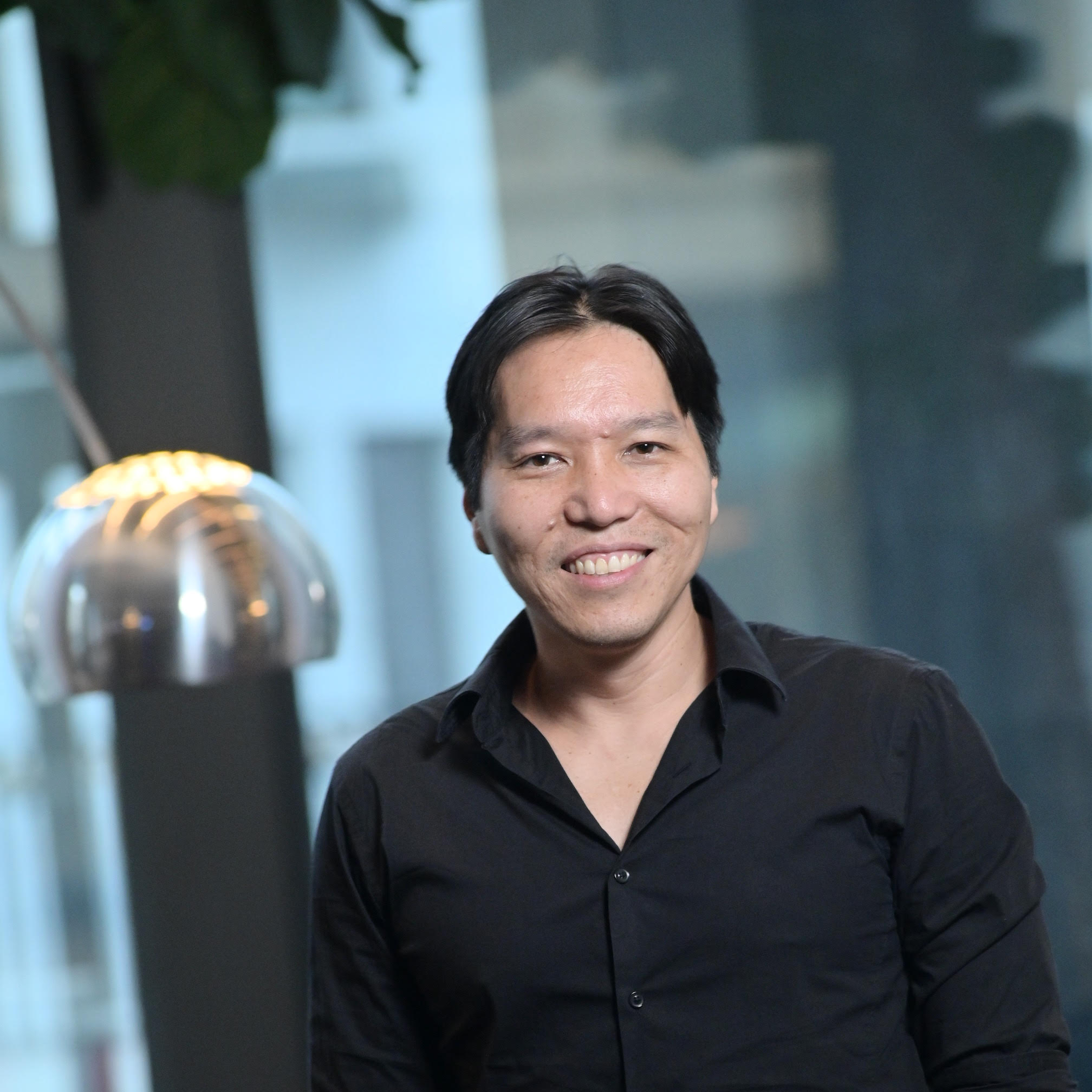 Helder Nakaya, Ph.D.
Helder Nakaya, Ph.D.
Associate Professor
School of Pharmaceutical Sciences
University of São Paulo
Brazil
Passionate about science, soccer, teaching, travel, and of course, gorgonzola, Helder Nakaya is a senior researcher at Hospital Israelita Albert Einstein in São Paulo and an associate professor at the University of São Paulo, Brazil. He holds a PhD in Molecular Biology and has extensive training in Bioinformatics. An expert in Systems Immunology, he works at the intersection of system-wide measurements, networks, and predictive modeling, particularly as they relate to vaccines and infectious diseases. His lab concentrates on investigating the foundations of infectious diseases through computational systems biology. Additionally, Dr. Nakaya serves as an adjunct professor at Emory University School of Medicine, in the Department of Pathology.
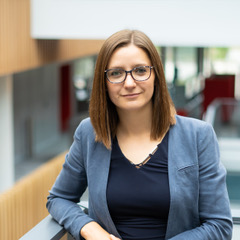 Gosia Trynka
Gosia Trynka
Head of Immune Genomics Group, Wellcome Sanger Institute
Science Director, Open Targets
Wellcome Genome Campus
UK
Dr. Trynka strongly believes that interdisciplinary approaches are essential to achieve meaningful insights into biological processes. The combination of molecular techniques, genomic assays, and computational methods that we develop and apply to study the immune system is a reflection of their own career path through several disciplines within biology and genetics.
With a background in molecular biology, they became interested in medical and population genetic approaches to study genetic determinants for immune related diseases. They joined Prof. Cisca Wijmenga’s group where they were a co-lead analyst for the genome-wide association study (GWAS) and an Immunochip study for coeliac disease (an immune disease of the small intestine resulting from intolerance to gluten). These studies resulted in identification of tens of disease risk loci and pointed to strong shared genetic background between celiac disease and a range of other common immune conditions, including type-1 diabetes, rheumatoid arthritis, and inflammatory bowel disease.
Despite their great success in mapping disease risk variants, they were disappointed by the limited insights that they gained in understanding biology of complex immune diseases. They therefore carried out their postdoctoral research at Brigham and Women’s Hospital, Harvard Medical School, and Broad Institute where they joined Dr. Soumya Raychaudhuri’s and Dr. Robert Plenge’s groups. They invested their time in developing statistical methods that allow translation of GWAS associations into biological functions. By integrating disease-associated variants with functional genomics data, these approaches pointed to specific cell types being relevant in the pathogenesis of numerous complex traits, including immune diseases. Their group at the Sanger Institute continuous with experimental and computational efforts to further map and translate immune disease genetic variants to function.
